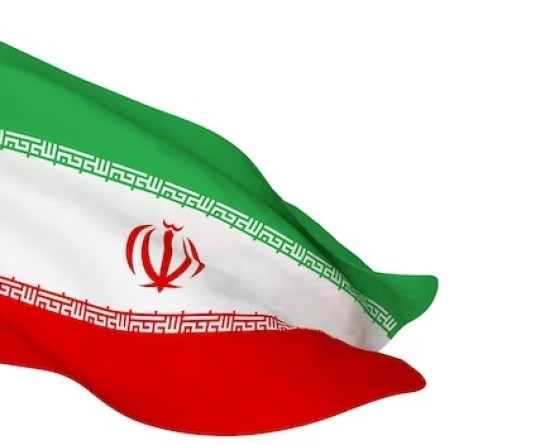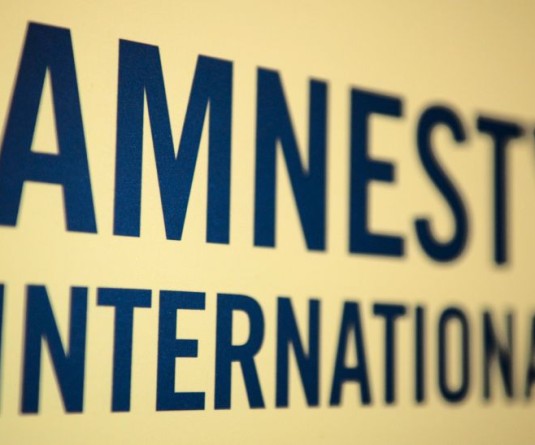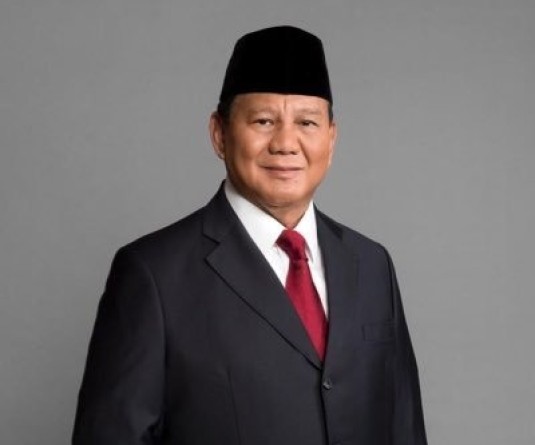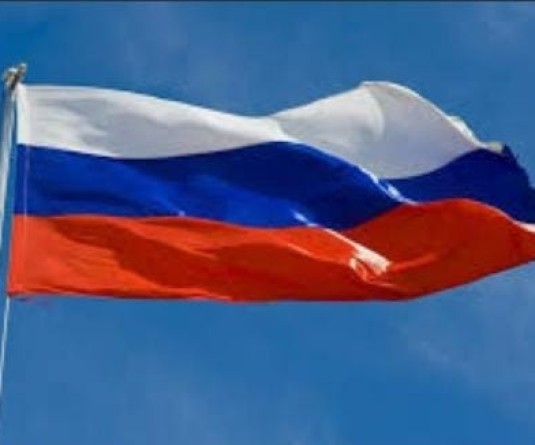A panel on the rise of identity politics and its threats to press freedom underway at the regional seminar and workshop for journalists on the ‘nexus between freedom of religion or belief and freedom of expression in Southeast Asia’ on March 18 in Bali, Indonesia. (Photo Courtesy: Journalists Association for Diversity, SEJUK)
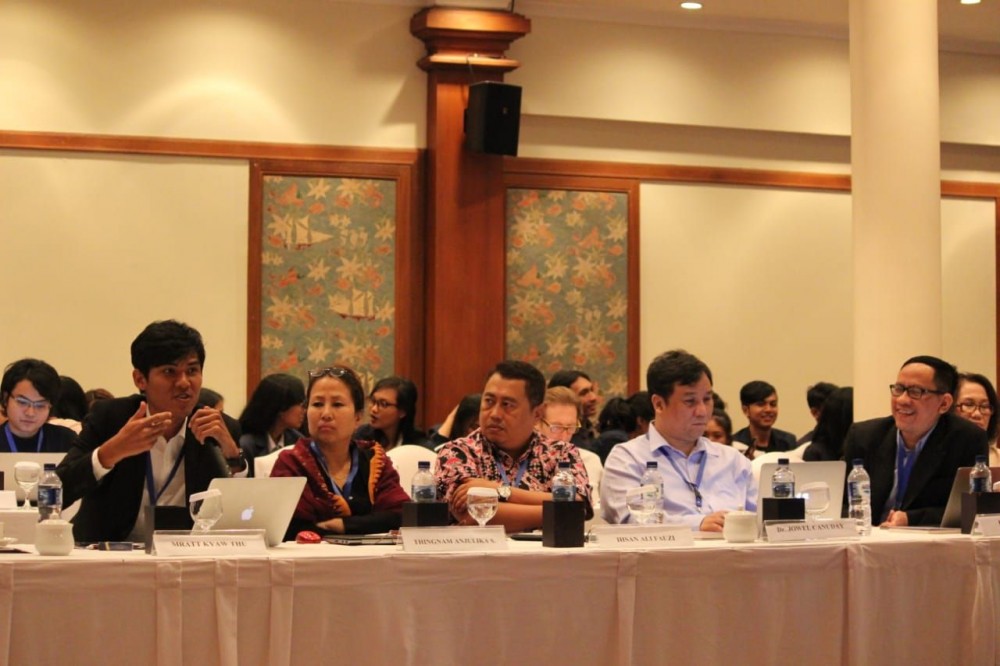
Regional journalists’ seminar on diversity discusses identity politics & ways beyond
Morung Express News
Bali (Indonesia) | March 28
Identity politics are inescapable in any democracy today. Race, religion, caste, ethnicity or other community affiliations define cooperative politics to a large extent throughout the world. While allying with the gender rights movement will often be classified as good identity politics, for instance, allying with white supremacists are classified as bad identity politics.
“Identity groups represent who people are – and who people are shapes what they demand from democratic politics,” observed Ihsan Ali Fauzi, the Founder and Director of the Centre for the Study of Religion and Democracy (PUSAD) Paramadina Foundation, while speaking during a regional seminar and workshop for journalists on the Nexus between Freedom of Religion or Belief and Freedom of Expression in Southeast Asia, held here from March 18-20.
With identity politics becoming extreme and violent across the world, the particular seminar was jointly organized by the Journalists Association for Diversity (SEJUK), International Association of Religion Journalists (IARJ) and the Institute for Peace and Democracy (IPD) to find ways for legacy media—newspapers, radio, television—to address this issue.
Polarized atmosphere
As identity segregation becomes the order of the day, attacks on journalists have increased manifold. Seen as belonging to a certain identity group, instead of to the tribe of journalism, the objective media industry is rapidly collapsing.
“If you are Buddhist, it is hard to get an interview with Muslim leaders and vice versa,” noted Myanmar-based journalist for the Frontier, Myat Kyaw Thu. “I wish I was born a tree,” he said in jest, hoping that would absolve him of the identity question.
The polarized atmosphere created by bad identity politics, egged on by social media users, has led to a struggle for democracy in South-South East Asia. Senior Journalist of Khaosod, Thailand, Pravit Rojanaphruk, remained worried about the adverse effect of social media as an ‘echo chamber’ with members trapped in, addicted to, a vortex of similar ideas, news and comments; leading to the quick spread of hate campaigns through fake news factories operational on social media.
“The real threat today is from social media, where individual expressions are not fleshed out well,” reiterated Debra Yatim, Contributing Editor of Tempo Magazine in Jakarta. Here, no media or democratic ethics apply.
Reinstating democracy – role of media
In this atmosphere, reinstating democracy based on the rights for all needs legacy media, particularly individual journalists within them, observed Andreas Harsono, Researcher with Human Rights Watch, to write about daily forms of discrimination created by majoritarian politics, to challenge their newsroom leadership on unjust positions, explore hidden violence of past human rights abuse, remain transparent while reporting, listen to victims and survivors, apologize when mistakes are made, and keep minds open.
As Tess Bacalla, Executive Director of Southeast Asia Press Alliances, noted, stick to the fundamental duty of truth telling and improve the quality of public debates by reflecting diversity to forge a tolerant society.
Of course, “truth becomes harder to come by in times of wars and conflicts,” acknowledged Endy Bayuni, Executive Director of the IARJ and senior editor at Jakarta Post. As a journalist, then, he suggested, stop stereotyping the ‘other’, drop prejudices, don’t take sides, keep the public fully informed, make space for long form to tell a story not just the news, empathize with the discriminated, build bridges and focus on the unseen, the ‘invisible’.


